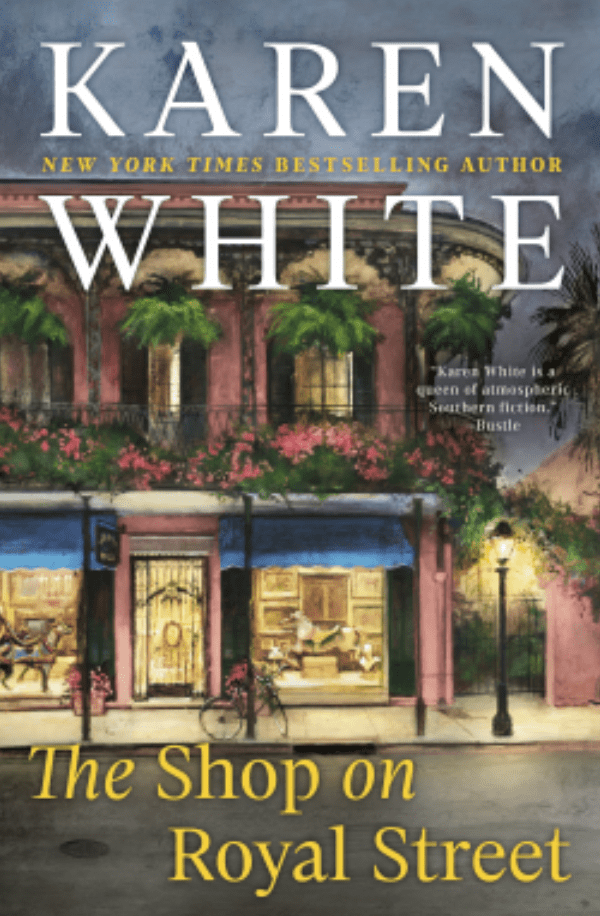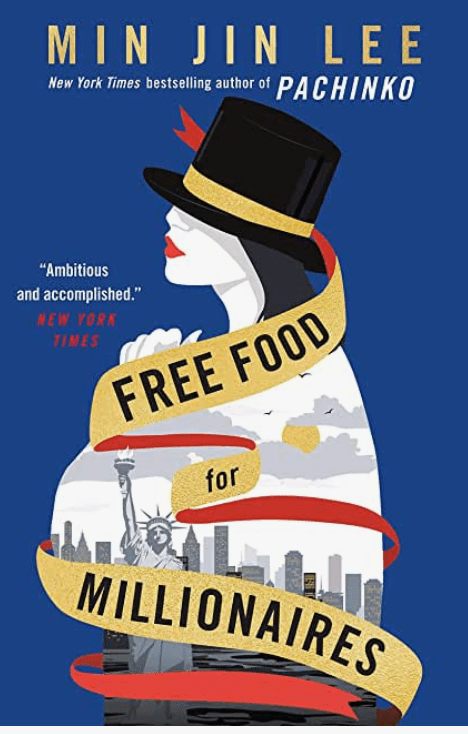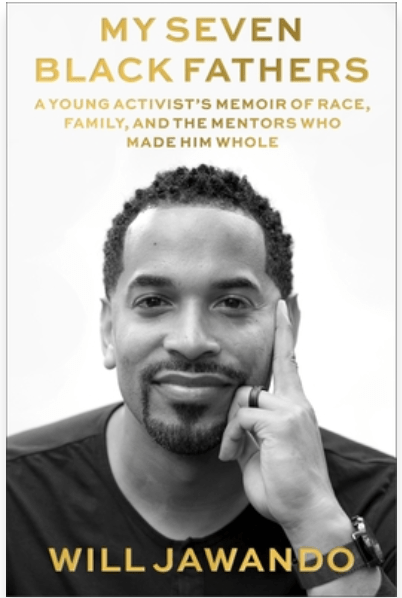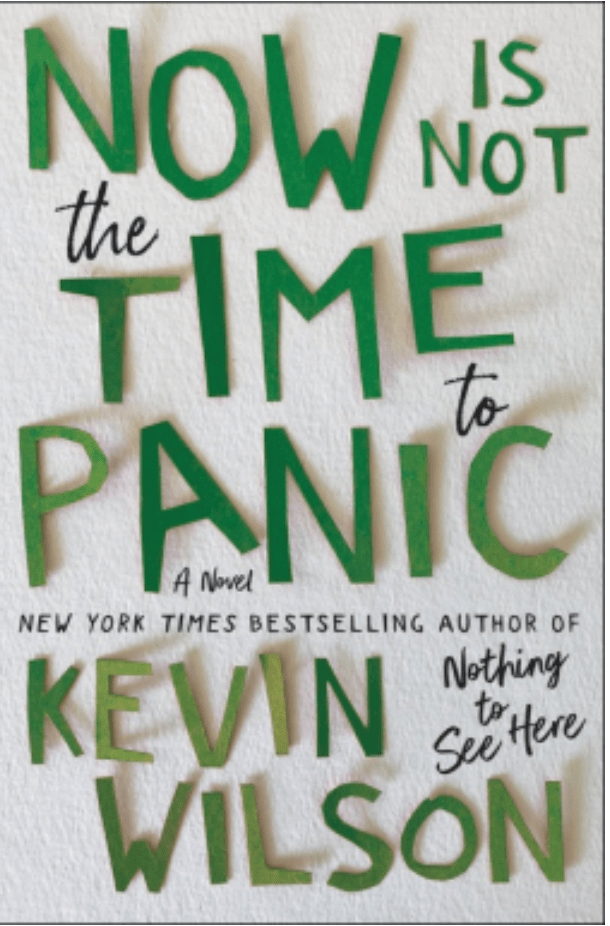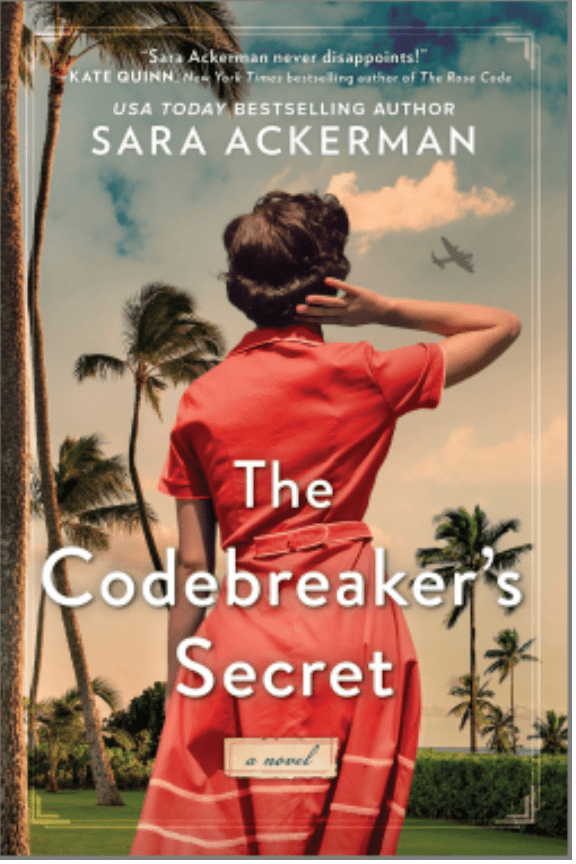Writing: 4.5/5 Characters: 4/5 Plot: 3.5/5
An alternate / speculative history version of the British Empire in the 1830s where the wheels of commerce are driven by magic, imbued to bars of silver through the machinations of Translators. Robin Swift is plucked from Canton in the midst of a cholera epidemic by a Professor at the Royal Institute of Translation in Oxford. Robin’s gift of languages has made him valuable to the empire, and he goes from an impoverished childhood to one of plenty: plenty of material goods and plenty of work. I absolutely loved the first part of the book which built a world based on the impossibility of accurate and precise translation and the extractable magic embedded in the difference. The author is Oxford and Yale educated, specializing in Contemporary Chinese Studies and East Asian Languages, and I thoroughly enjoyed the linguistic forays and the consistency of the model she built.
From there — unfortunately from my perspective — the story veered into the politics of oppression, injustice, and racism. Robin and a group of (also foreign and dark skinned) classmates become enraged at the impending war Parliament is likely to launch on the Chinese who have declared Britain’s Opium contraband and burned the lot. Embracing violence — with all the complications that entails — comprises the plot of the rest of the book (in case you missed it, the subtitle is “On the necessity of violence.”) I didn’t like this part and was not convinced (at all) by the argument.
The story is very well-written, the characters have depth, and the history is accurate. While I said it was an “alternate” or “speculative” history, that only applied to the “magical” components — the rest followed real history accurately until the very end. I enjoyed the philosophical discussions of morality, ethical behavior, and fairness, though I wish she had not made the representatives of empire so absolutely nasty and clearly wrong (I always think there is more subtlety to any individual than is apportioned to novelistic portrayals).
Not surprisingly, I learned a few new words:
- synecdoche — a figure of speech in which a part is made to represent the whole or vice versa.
- discursive — digressing from subject to subject (too many people write and talk this way!)
- rhotic — of, relating to, or denoting a dialect or variety of English
Some quotes:
“That’s just what translation is, I think. That’s all speaking is. Listening to the other and trying to see past your own biases to glimpse what they’re trying to say.”
“English did not just borrow words from other languages; it was stuffed to the brim with foreign influences, a Frankenstein vernacular.”
“Their minds, enriched with new sounds and words, were like sleek muscles waiting to be stretched.”
“The poet runs untrammeled across the meadow. The translator dances in shackles.”
“It was like tunneling into the crevasses of his own mind, peeling things apart to see how they worked, and it both intrigued and unsettled him.”
“What was a word? What was the smallest possible unit of meaning, and why was that different from a word? Was a word different from a character? In what ways was Chinese speech different from Chinese writing?”
“Every language is complex in its own way. Latin just happens to work its complexity into the shape of the word. Its morphological richness is an asset, no an obstacle.”
“London had accumulated the lion’s share of both the world’s silver ore and the world’s languages, and the result was a city that was bigger, heavier, faster, and brighter than nature allowed.”
“Robin saw immediately that London was, like Canton, a city of contradictions and multitudes, as was any city that acted as a mouth to the world.”
Thank you to Avon and Harper Voyager and NetGalley for providing an advance copy of this book in exchange for my honest review. The book will be published on August 23rd, 2022.

